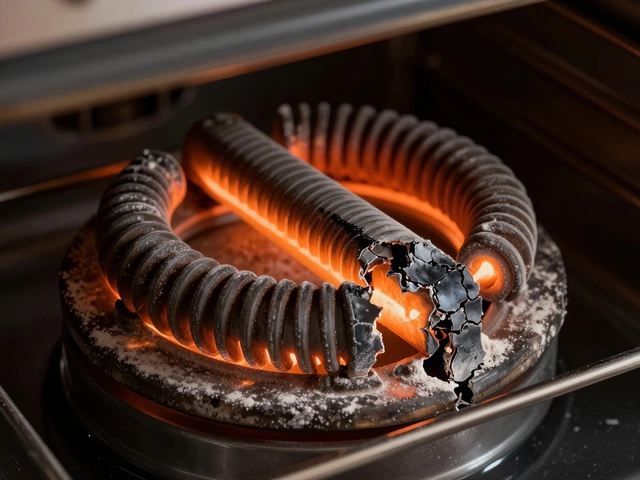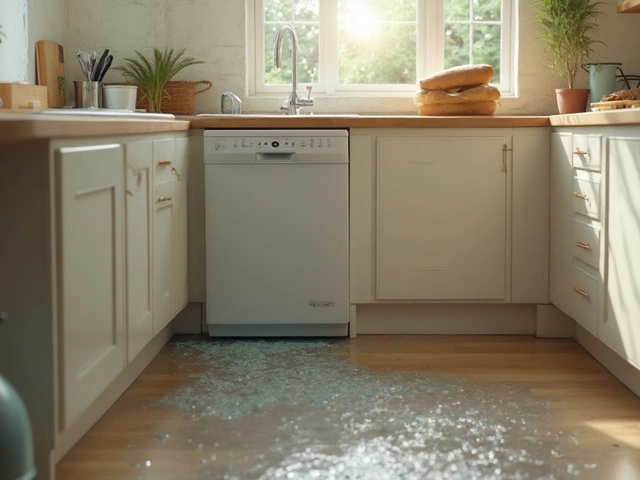When dealing with UK water heater, a system that supplies hot water for showers, taps and appliances in homes across the United Kingdom. Also known as hot water heater, it is essential for daily comfort and influences energy bills. A electric water heater uses electric heating elements inside a sealed tank to raise water temperature and a gas water heater relies on gas combustion to heat water quickly. Both types water heater require a reliable power source, and each comes with its own set of control components. The water heater reset button acts as a safety valve that stops heating when temperatures get too high, protecting the unit from damage. In short, a UK water heater encompasses heating technology, safety mechanisms, and plumbing connections, while the reset button protects the system and the homeowner.
Homeowners often notice a loss of hot water, strange noises, or leaks. A common cause is a faulty thermostat, which can make the heater fail to reach the set temperature. Another frequent problem is sediment buildup; over time, minerals settle at the bottom of the tank, reducing efficiency and causing popping sounds. Flushing the tank every 12‑18 months improves performance and extends life. If you hear the reset button tripping repeatedly, it usually signals overheating, a blocked vent, or a failing heating element—situations that demand a professional eye. Regular maintenance includes checking the pressure‑relief valve, inspecting the anode rod for corrosion, and ensuring the vent pipes are clear. While DIY flushing and visual inspections are safe for most users, tackling the heating element or gas burner should be left to a certified engineer to avoid safety hazards.
Below you’ll find a curated collection of articles that dive deeper into each of these topics. From step‑by‑step reset guides and troubleshooting hot‑water‑only showers to cost breakdowns for boiler repairs, the posts cover electric and gas models, common failure signs, and when to call in an expert. Whatever stage you’re at—whether you’re trying to diagnose a cold shower or planning a full‑system upgrade—these resources will give you practical, actionable advice.

Find out why your hot water vanished, walk through quick DIY checks, learn simple fixes, and know when to call a professional for reliable heat restoration.

Replacing the anode rod in a water heater can extend its lifespan and prevent costly repairs. This article breaks down the cost of replacement, including materials and labor, and discusses why it's a crucial part of water heater maintenance. Discover how often anode rods should be checked and what signs indicate it's time for a replacement. Whether you DIY or hire a pro, understanding these factors can save you money and stress.

When your boiler breaks down, taking a comfortable shower suddenly feels like a luxury. This article explains exactly what happens to your shower when a boiler goes out, ways to still get clean, and when you should call in a professional. Learn alternative methods for washing, bust some myths about cold showers, and get tips on preventing future breakdowns. We even cover what to do if you have kids or need to keep up with fitness routines. Staying clean during a crisis isn’t impossible—you just need a bit of know-how and some creative solutions.

Learn how to tell if your oven element is blown by checking for visible damage, testing with a multimeter, and observing oven behavior. Most oven heating issues are simple fixes.

Dishwashers are a staple in modern kitchens, but they often face common issues. So, what's the most frequent problem users encounter? This article dives into typical faults like drainage issues and proposes practical solutions. Understand why your dishwasher might not clean effectively and learn simple DIY fixes to keep it in top shape. By addressing these issues, you'll ensure your dishwasher runs smoothly for years to come.

Got an appliance that isn’t working right? The way you describe it can make or break your service experience. This article breaks down how to explain what’s wrong with your appliance, what details really matter, and how to avoid confusion. Learn which features, model numbers, and problem signs technicians care about. Save time and frustration on your next repair call.